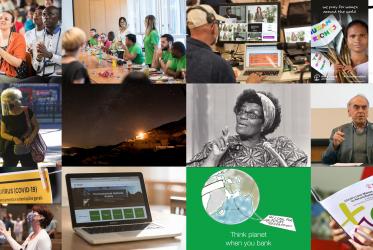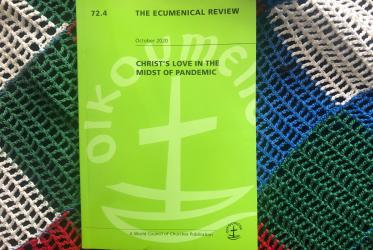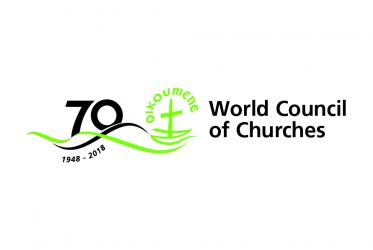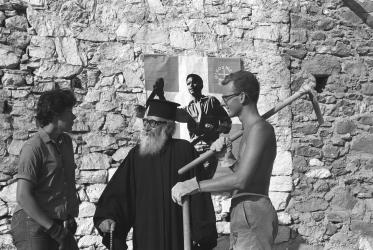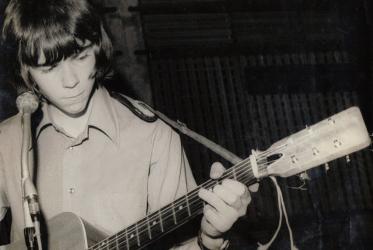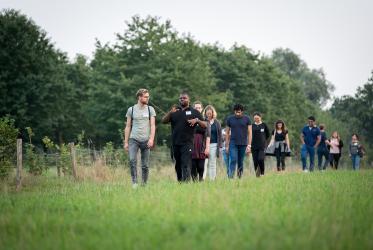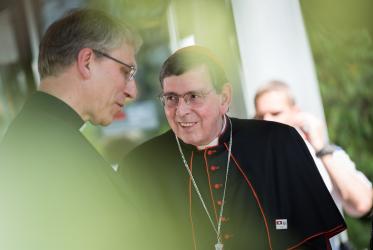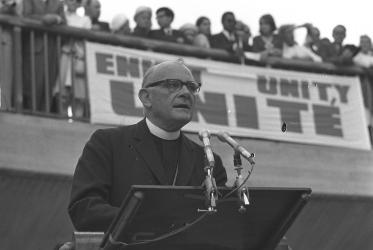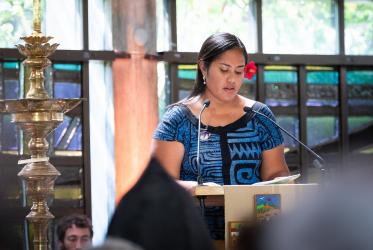Displaying 1 - 16 of 16
#WCC70: Children in the Ecumenical Movement
20 December 2018
#WCC70: Remembrances of an ecumenical workcamper
20 September 2018
#WCC70: The life-changing gift of serving as a steward
24 August 2018
70 years in, youth pilgrimage offers room for new visions
22 August 2018
Young people play key role during papal visit
22 June 2018
GETI students plant trees, in service for greener future
07 March 2018
Young ecumenists address new realities of global movement
25 February 2016
